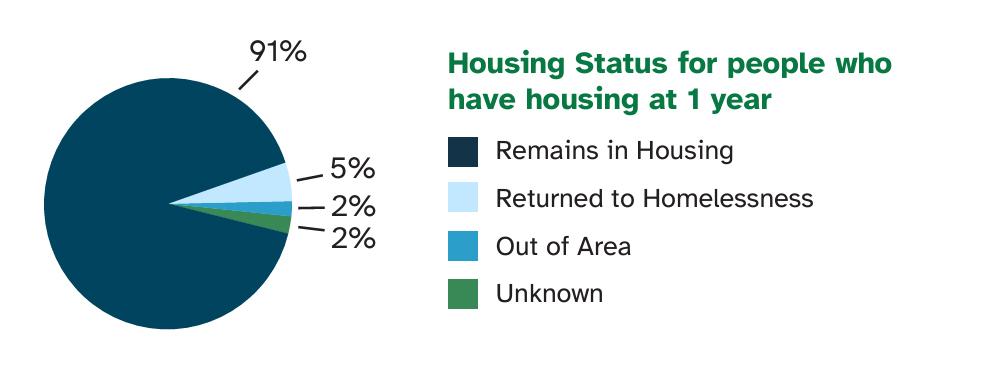The North Coast Health Improvement and Information Network (NCHIIN) is a California non-profit organization providing health information exchange and health improvement services in Humboldt County. Since 2016, NCHIIN has partnered with Activate Care to connect Humboldt County’s local care ecosystem into one coordinated network of health and social care providers with the CareHub platform. In this blog, we will explore the innovative approach taken by NCHIIN, the challenges of fragmented care, and how our collaboration helped address these challenges for improving outcomes.
Humboldt County is located on the north coast of California and experiences unique challenges related to homelessness as well as substance use. NCHIIN's Martin Love and his team of clinical and data experts are bridging efforts across organizations and instituting multidisciplinary teams to collaborate and share data across healthcare, social services, and government sectors. NCHIIN and Activate Care have supported three implementations of the care coordination platform at St. Joseph Hospital (Care Transitions and Paso a Paso programs) and the Humboldt County Department of Health and Human Services outpatient mental health case management programs.
“It is important that our vulnerable, underserved, and often stigmatized populations receive coordinated, whole-person care...To deliver that care, we need a community collaboration platform for the whole continuum, and Activate Care has the experience to help us make this effort a reality.” - Former NCHIIN CEO, Martin Love
The NCHIIN electronic information exchange (HIE) allows doctors, nurses, pharmacists, other health care providers, and patients to appropriately access and securely share a patient’s vital medical information electronically—improving the speed, quality, safety, and cost of patient care. When integrated with NCHIIN’s HIE, CareHub serves as an essential tool for staff to manage tasks across teams, and document and record corresponding activity in a central place.
By utilizing the tool, care teams avoid duplication through clear task responsibility and establish workflow processes. They also alert staff in real-time to near-real-time about a variety of client events, such as emergency department admissions, jail admissions, death notices, and more. Health care, public health, behavioral health, social services, law enforcement, community organizations, and other leaders in Humboldt County are now working collaboratively to develop better mechanisms to share data and support care coordination.

One year after acquiring housing for homeless individuals who had previous admissions, there was a 58% decrease in admissions to Semper Virens and a 62% decrease in admissions to the Crisis Stabilization Unit. At the one-year mark, housing status for these individuals varied, with some remaining in housing, others returning to homelessness, some moving out of the area, and some with unknown housing statuses.

The NCHIIN and Activate Care collaboration in Humboldt County serves as a compelling case study for the transformative potential of data-driven care coordination. By breaking down silos and fostering collaboration across healthcare, social services, and government sectors, this solution offers a promising approach to tackling complex care challenges.
The positive impact on patient outcomes, particularly the reduction in hospital admissions, underscores the importance of addressing social drivers of health alongside traditional medical care. As we move towards a future of more equitable healthcare, the coordination efforts in Humboldt County can inform and inspire broader initiatives to improve population health and well-being through coordinated, data-driven care.
Learn more about the CareHub platform here.